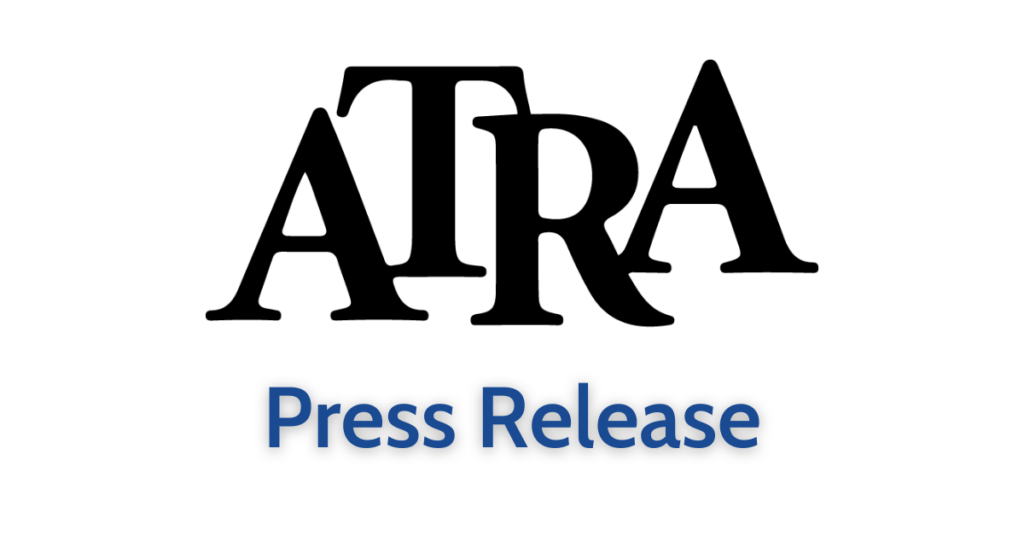‘Highly Unusual’ Rehearing of Louisiana Case Raises Judicial Independence Concerns
Louisiana Supreme Court Waffles Under Political Pressure, ATRA Brief Urges Court to Stand Strong

Michigan lawmakers must consider the unintended consequences of expanding liability
Today, Michigan’s House Judiciary Committee will hear Senate Bill 410 (S.B. 410), one bill in the large legislative package pushed by the trial bar, which the American Tort Reform Association (ATRA) says will drastically expand liability for Michigan businesses.
“This liability-expanding agenda would create various new ways to sue job creators all over Michigan, burdening small businesses and ultimately driving them out of the state,” ATRA President Tiger Joyce said. “This shift is not in the best interests of consumers, manufacturers, or the state as a whole.”
Michigan is at a critical juncture and these bills would exacerbate the state’s existing economic struggles. Every Michigander already pays more than $900 every year in a “tort tax” due to excessive tort costs. If lawmakers pass these bills, that number is likely to rise. The state also loses nearly 88,000 jobs annually due to those same excessive tort costs.
“It’s critical to recognize the broader impact of these proposed changes and lawmakers must consider the unintended consequences of expanding liability,” Joyce said. “This will unduly burden small businesses that will be forced to fight in court and defend themselves from unscrupulous parties who take advantage of new avenues to sue. Unfortunately, the only ones who stand to benefit from altering Michigan’s legal landscape are the same trial lawyers pushing these changes to expand their own opportunities at everyone else’s expense.”
ATRA urges lawmakers to seek balanced, equitable solutions that promote fairness, accountability, and economic growth.
Background on S.B. 410: The bill, sponsored by Washtenaw County Democrat Jeff Irwin, seeks to repeal the existing liability protection established in the 1990s for drug and device manufacturers when their products have received approval from the FDA. This protection has been inaccurately portrayed as an “absolute defense” by the plaintiffs’ bar, while in reality, it supports the idea that the considered judgment of federal regulators, who are experts in their field, should bear significant weight in determining liability.
Louisiana Supreme Court Waffles Under Political Pressure, ATRA Brief Urges Court to Stand Strong
Left unchecked, these jurisdictions will continue dragging down economic growth and undermining justice through rampant lawsuit abuse.
Claimants Given Opportunity to Vote on Plan; Judge to Reconsider Scientific Validity of Plaintiffs’ Experts
Legitimate consumer protection demands sound science and impartial analysis — not distorted data designed to manufacture lawsuits.
Law Firms Spent $168M+ on 2.2M Ads in Georgia
ATRA’s Latest Studies Reveal Financial Influence and Lack of Transparency in Pennsylvania’s Campaign Finance Systems